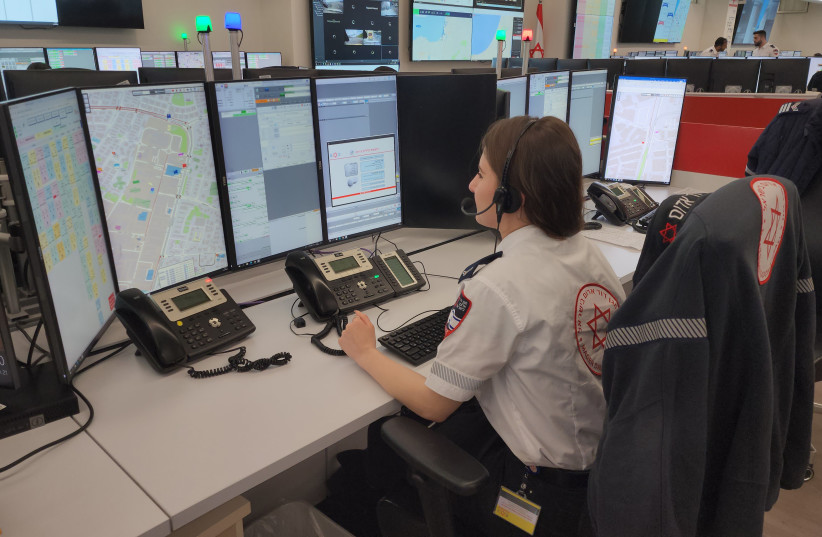Israeli start-up Carbyne, a prominent provider of public safety communications, has formed a strategic relationship with AT&T, a leading American telecommunications company. The collaboration aims to establish a secure and reliable connection between emergency call centers (PSAPs) and AT&T's telecommunications infrastructure designed specifically for emergency communications, ESInet, utilizing Carbyne's cloud-native emergency call management and mapping solutions called APEX and Universe.
Carbyne's technology enables secure communication channels between emergency contact centers, select enterprises, callers, and connected devices without requiring the download of a consumer app. Their unified cloud-native solution aims to redefine emergency collaboration, connecting people, enterprises, and governments while providing live actionable data to enhance operational efficiency, transparency, and ultimately save lives.
AT&T is recognized as the only carrier capable of providing end-to-end emergency communication solutions that support 9-1-1 telecommunicators, dispatchers, and first responders throughout the entire incident response process.

What are the benefits of this partnership?
The carrier’s adoption of cloud-native emergency call handling offers numerous advantages, including enhanced agility, redundancy, and security. PSAPs can minimize the need for on-premises infrastructure by transitioning to a cloud-native platform.
This shift allows them to operate within a resilient and redundant cloud-based framework, ensuring uninterrupted services even during unforeseen disruptions. Moreover, cloud technology enables PSAPs to scale their operations to meet the evolving demands of emergency services and swiftly integrate new features and capabilities compared to non-cloud solutions.
Amir Elichai, CEO of Carbyne, expressed enthusiasm about the collaboration, highlighting AT&T's expertise in NG9-1-1 and public safety. “This collaboration will bring together Carbyne's innovative solutions and AT&T's extensive experience to deliver faster, more effective emergency response capabilities to communities nationwide. Together, we are dedicated to saving lives and empowering PSAPs with the tools they need to make critical decisions in times of crisis,” he said.
Carbyne offers two distinct offerings to cater to a wide range of needs. Carbyne APEX is a unified emergency call management solution that consolidates various media data points into a single platform. APEX seamlessly integrates with existing infrastructure, enabling call takers to efficiently manage emergencies while minimizing the learning curve associated with new technology.
On the other hand, Carbyne Universe is an overarching solution designed to provide PSAPs with access to rich media without disrupting existing contractual agreements. This flexible solution offers valuable data, including video, photos, and geolocation, which enhances decision-making capabilities and response efficiency. PSAPs can benefit from advanced emergency call management and mapping features without the need for major infrastructural changes or prematurely terminating current contracts.
Matt Walsh, AVP – FirstNet and NextGen 9-1-1 Products at AT&T, emphasized the company’s commitment to improving community safety through initiatives like AT&T ESInet. “Our work with Carbyne is the next step in this endeavor by delivering cloud-centric solutions to give dispatchers a user-friendly interface that enables faster, more informed decision-making during critical situations,” he said.
